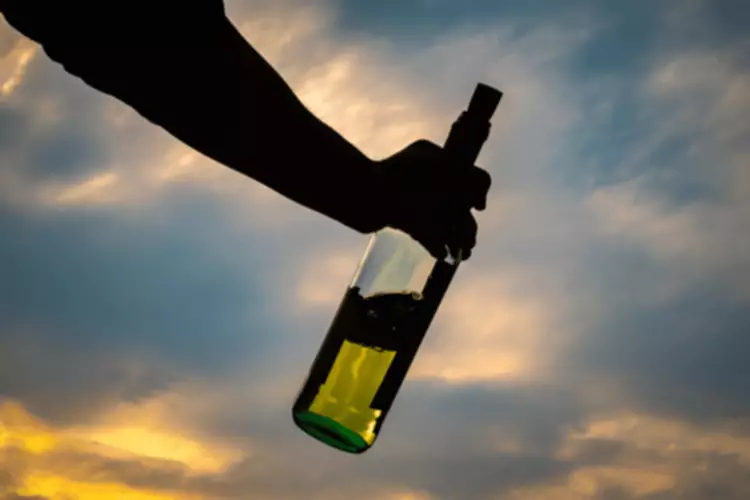
A 2013 study found that of the 52 people who participated, over 34 of them (that’s more than 60%) noted that substance use was a factor for separation. This was especially true in cases where the partner refused to acknowledge an issue or get help. Alcohol use, especially how does alcohol affect relationships when it’s excessive, can put a strain on your relationship with your intimate partner or spouse. Alcohol can affect relationships in various ways, and this can look different for each person. Drinking is often an enjoyable part of many different social activities.
Alcohol Addiction and Family Finances

Previously, reviews of alcohol interventions have focused exclusively on the individual or relationship level – in other words – an individual or couple treatment for alcohol dependency. This model suggests that interventions where alcohol is responsible for domestic violence needs to happen at a community level and the wider population and not just on a one-on-one or couple basis. The effects of alcohol on relationships may also look different in your life. For example, if you work and see most of your close friends remotely, the impact on your relationships may manifest differently than someone who lives in a multi-generational household and works several in-person jobs. A therapist can help you learn more about the role you may have played in a codependent relationship and learn healthier patterns. Being able to identify the types of alcohol problems will help you have a better understanding of your relationship with drinking.
How Alcoholism Affects Relationships
This disorder also involves having to drink more to get the same effect or having withdrawal symptoms when you rapidly decrease or stop drinking. Alcohol use disorder includes a level of drinking that’s sometimes https://ecosoberhouse.com/article/what-is-the-life-expectancy-of-an-alcoholic/ called alcoholism. Alcohol consumption is a common factor in situations where domestic violence (DV) has occurred. When a person is intoxicated, their emotions, judgment, and decision-making are impaired.
Risk factors
Our first instinct is often to intervene and lecture our loved ones out of anger and/or the desire to protect them from endangering themselves and others. But in the case of substance abuse, it is often best to take a step back and look at the whole picture before trying to help. It is painful to watch someone you love and deeply care about slowly pulled deeper and deeper into addiction. Substance abuse is painful not only for the person going through addiction but also for the people around them.
- The better thing to do is to get treatment as soon as possible, or at least call and ask about treatments that may be available to you.
- However, if you want to drink alcohol at home or outside of these settings, you must first obtain a liquor licence.
- Several types of professional programs and levels of addiction services can treat alcohol use disorder, ensuring your loved one can seek one out that best fits their needs and lifestyle.
- You may not know exactly you’re your family member or friend is using, but you can become familiar with the basic structures of all addictions and substance use disorders to give your “arguments” sound foundational settings.
- It is also very important that the problems in the relationship be treated; these problems do not go away because the drinking or drug use has stopped.
Signs Your Loved One is an Alcoholic

